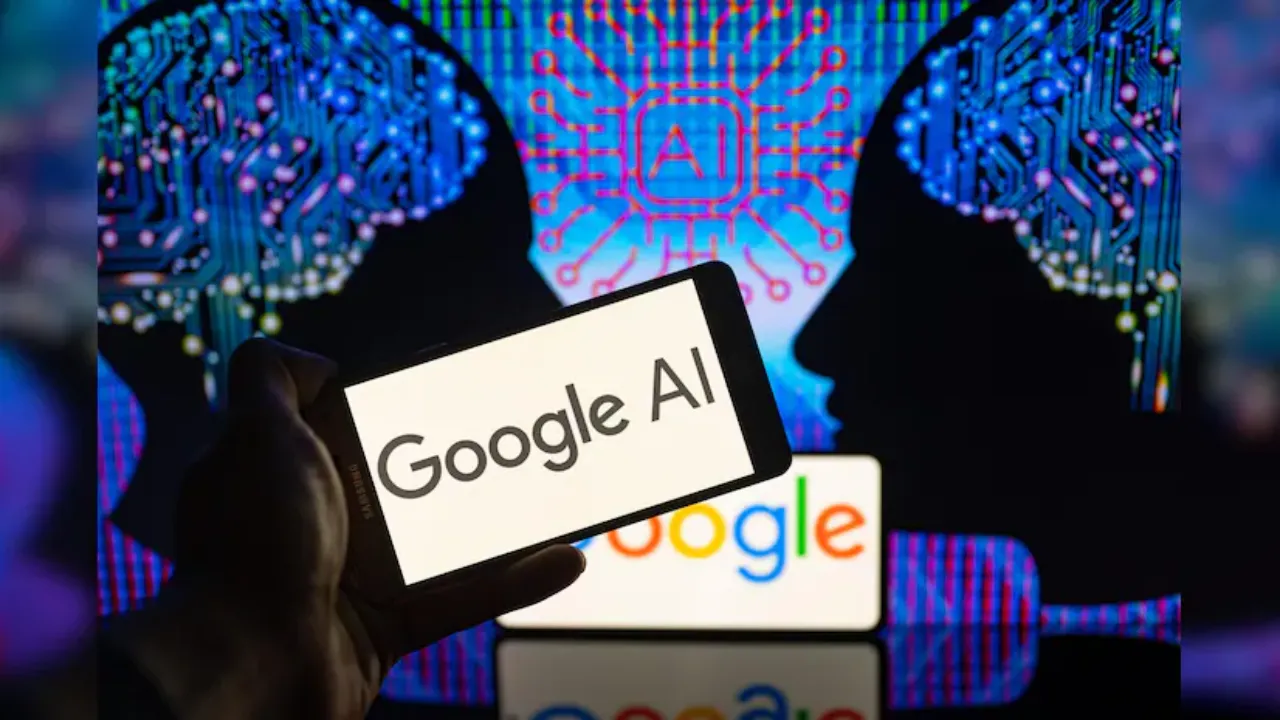Essential Skills for Career Growth: Navigating today’s job market requires more than traditional qualifications. As industries become increasingly technology-driven, the ability to adapt and stay current is crucial for professional success. Employers now value practical digital know-how alongside core job skills, making it necessary for individuals to continually upgrade their capabilities.
This article focuses on the most important essential skills for career growth in the digital age. These skills are relevant across industries and job roles, and mastering them can give you a strong advantage in your career journey.
Essential Skills for Career Growth in the Digital Age
Thriving in today’s digital workforce depends on how well you can understand and use technology, communicate effectively online, protect digital information, and keep learning as things evolve. Developing these essential skills for career growth in the digital age is not only helpful—it’s necessary.
Overview Table
| Skill Area | What It Involves |
| Digital Literacy | Basic computer use, internet navigation, email, and productivity tools |
| Data Literacy | Reading, analyzing, and interpreting data using modern tools |
| Digital Communication | Professional use of email, chat, video calls, and collaboration tools |
| Digital Marketing | Managing online content, SEO, and social media |
| Cybersecurity Awareness | Recognizing digital threats and protecting data |
| Adaptability & Learning | Staying open to new tech and ongoing self-improvement |
| Coding and Automation | Basic programming and using tools to automate everyday tasks |
Digital Literacy
At the core of working in the digital era is the ability to use basic technology confidently. Digital literacy includes skills such as using word processors, spreadsheets, email platforms, and online collaboration tools. Being able to schedule meetings, share documents, and navigate software is part of everyday work life now.
Digital literacy also means understanding how to manage files, work with cloud storage, and browse the internet responsibly. Even if your job doesn’t require technical tasks, being digitally fluent makes your workflow smoother and more efficient.
Data Literacy
Data is everywhere, and knowing how to understand it helps you make smarter decisions. Data literacy means being able to read charts, interpret spreadsheets, and draw conclusions from information. Whether you’re in marketing, sales, healthcare, or education, data is part of your daily workflow.
Familiarity with tools like spreadsheets or data visualization platforms makes you more efficient and accurate in your work. Even more valuable is the ability to explain data in simple terms so that others can understand its impact.
Digital Communication and Collaboration
As more teams work remotely or in hybrid setups, clear communication through digital platforms has become essential. Knowing how to write professional emails, use messaging tools like Slack or Teams, and participate in video calls is a vital skill today.
Online collaboration tools allow teams to work together from anywhere. Platforms like Trello, Asana, or Google Workspace make it easier to manage projects, share ideas, and track progress. Being comfortable with these tools makes you a more reliable team member in any work environment.
Digital Marketing and Social Media
Understanding digital marketing isn’t just for marketers anymore. Many roles now involve promoting content, managing online presence, or engaging with customers through digital platforms. Knowing how to create engaging content, manage social media channels, or write blog posts adds value to your profile.
Search Engine Optimization (SEO) is another area that enhances your visibility online. Learning the basics of how search engines work helps you understand how content is found and shared, giving you a stronger voice in the digital space.
Cybersecurity Awareness
Staying safe online is not just the job of IT teams—it’s everyone’s responsibility. Knowing how to protect your personal and professional information is essential. This includes understanding how to create strong passwords, recognize phishing attempts, and avoid suspicious links or downloads.
Awareness of digital privacy and how to handle sensitive data properly is also key, especially if you deal with customer information or internal business documents. A strong grasp of cybersecurity shows that you’re responsible and trustworthy.
Adaptability and Continuous Learning
Technology evolves constantly. Being able to learn new tools, software, or workflows is one of the most valuable traits in the modern workplace. Adaptability means being curious, staying open to change, and actively seeking out learning opportunities.
Online learning platforms offer accessible courses on a wide range of topics, from digital tools to leadership. You can also follow industry blogs, attend webinars, or join online communities to stay updated. Embracing a growth mindset ensures you remain competitive and prepared for what’s next.
Basic Coding and Automation
You don’t have to be a software engineer, but understanding how coding works can be a useful advantage. Simple skills like editing HTML, using no-code tools, or understanding how software automation works can save time and improve productivity.
Automation tools help with repetitive tasks like data entry, email responses, or scheduling. These tools are becoming increasingly common in every department, and knowing how to use them makes you more efficient and tech-savvy.
FAQs
What is the most important digital skill to learn first?
Start with digital literacy. Being confident with basic tools like email, documents, and spreadsheets is the foundation for everything else.
How can I improve my skills without spending money?
Many free resources are available online. YouTube tutorials, free trials on learning platforms, and blogs offer plenty of learning opportunities.
Is coding really necessary for all jobs?
Not always, but a basic understanding of coding helps you troubleshoot issues, understand processes, and communicate with technical teams.
How does data literacy help in non-technical jobs?
Even in creative or administrative roles, understanding data helps you track performance, set goals, and support decisions with evidence.
Why should I care about cybersecurity if I’m not in IT?
Cybersecurity affects everyone. Protecting data and recognizing online threats are essential to keeping personal and company information safe.
Final Thought
Building a future-ready career means being proactive about learning and staying updated. These essential skills for career growth in the digital age will not only make you more effective at your current job but also open up new opportunities down the line.
Take time to assess your current strengths and work on areas where you can grow. Whether you choose to start with digital communication, basic coding, or learning to analyze data, each step you take brings you closer to a more successful and adaptable career.
If this guide helped you, feel free to share it with someone who’s looking to grow professionally. Explore more career advice and learning tools on our site to keep growing.











